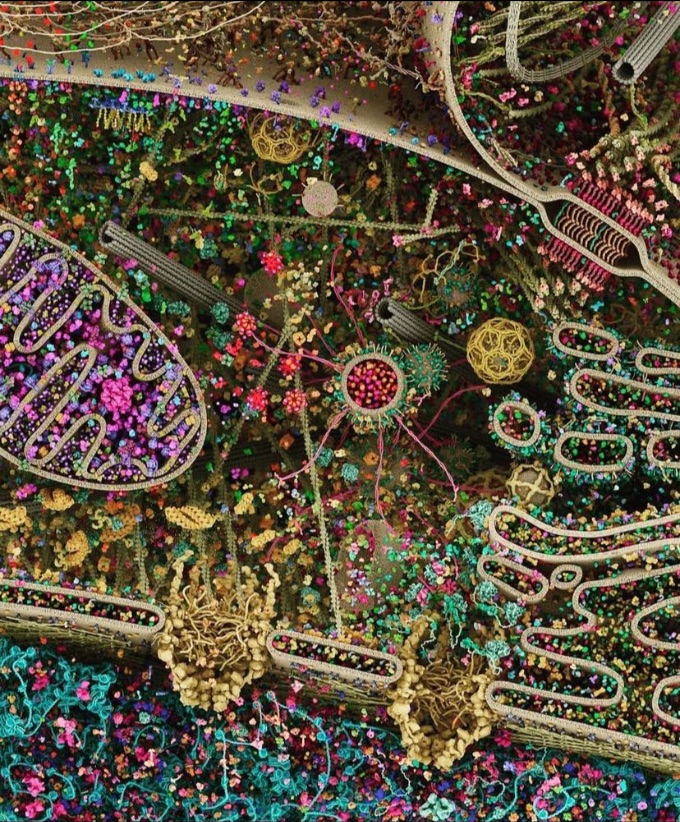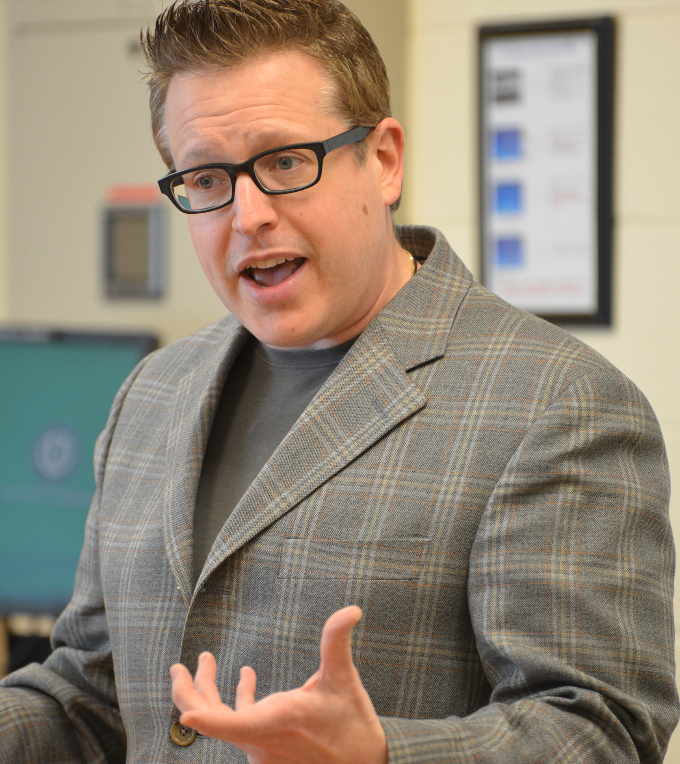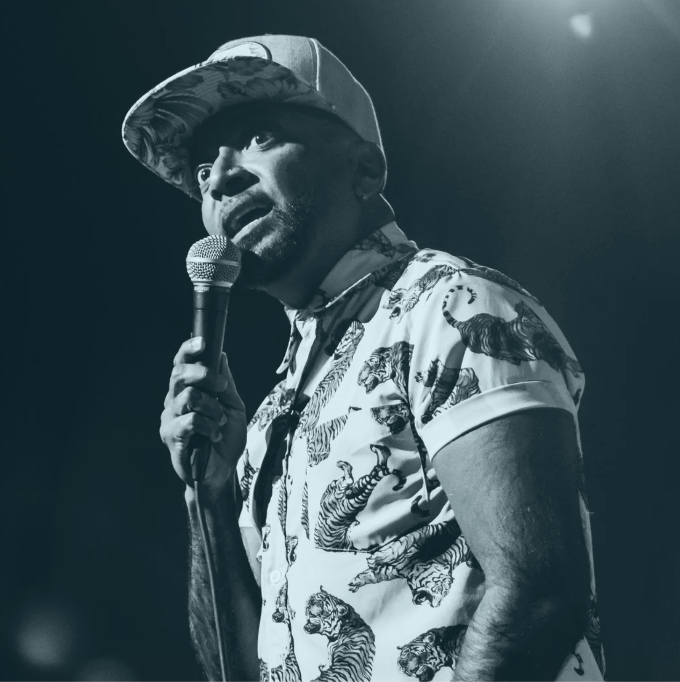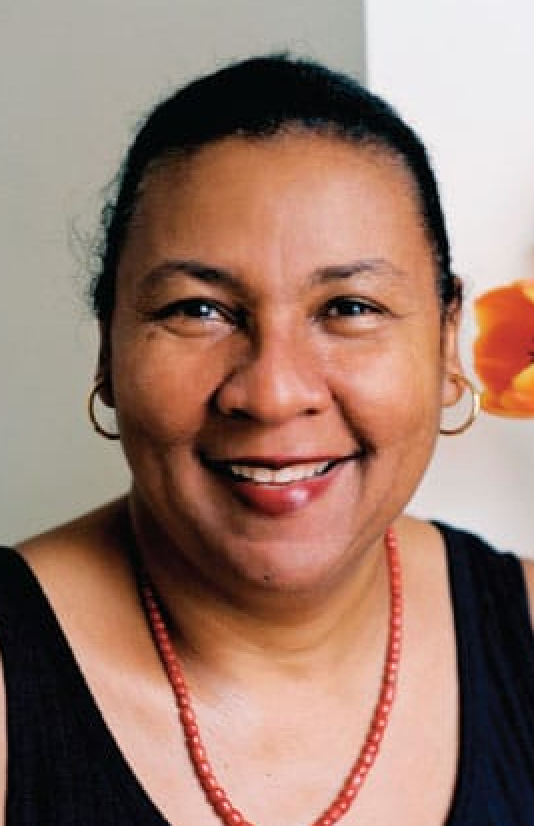September 26, 2025
Culture
Radical hope is the engine of change.
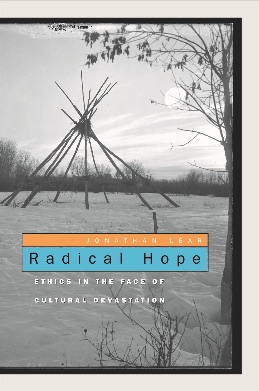
I call my new website "A catalog of radical hope." The philosopher Jonathan Lear introduced the term in his 2006 book Radical Hope: Ethics in the Face of Cultural Devastation. Drawing on the story of Plenty Coups, the last great Chief of the Crow Nation, Lear describes a kind of hope that looks forward to a good we cannot yet imagine from within a collapsed cultural framework.
When a culture breaks down—not just losing practices, but losing the very capacity to make sense of life—its familiar ideas of goodness, fulfillment, and meaning dissolve too. The future becomes radically unknown. There is no blueprint, no shared language to describe what a “good life” would look like.
Radical hope is a leap into this unknown. It looks ahead to a future that cannot yet be fully grasped because new values, new forms of life, and new sources of meaning have not yet emerged. As Lear puts it, it “anticipates a good for which those who have the hope as yet lack the appropriate concepts with which to understand it.”
Radical hope looks forward from within a collapsed cultural framework to a good we cannot yet imagine. It serves as a shared language for envisioning what a “good life” might be. Rather than clinging to lost structures, radical hope searches for sites where love—or life-affirming value—can re-root once new conditions emerge. Perhaps most importantly, radical hope is a refusal to despair—an urgent, active stance that is essential for social transformation. Radical hope is the engine of change.
ARTICLE: Radical Hope
BOOK: Radical Hope, Ethics in the Face of Cultural Devastation
